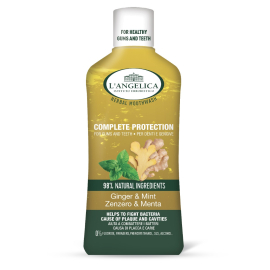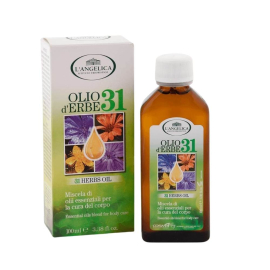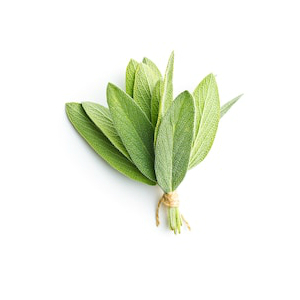FREE SHIPPING FROM 35 €
Search
Natural Ingredients
Sage
Good for coughs, colds and asthma. It also stimulates the production of gastric juices and helps the intestine.
Sage, a very known and widespread plant in the kitchen, is recognised, from a medicinal point of view to have inflammatory, balsamic, digestive and expectorant properties. It is also used to relieve menopausal disorders due to its content of natural estrogens (especially on "hot flashes"). It offers a good response against water retention, edema, rheumatism and headaches, and is also indicated in gingivitis and abscesses. The ursolic acid contained in it has anti-inflammatory activity ... It is also indicated in cases of physical or mental decline when a tonic action is needed. Promotes digestion. Many toothpastes are based on sage; in the absence of the prepared product, simply rub the teeth with a fresh leaf to obtain a whitening effect. An infusion of sage allows you to return your hair to a darker colour and lotions made with sage cleanse the skin.
I nutraceutici
- 0.8 to 2.5% essential oil whose composition varies depending on the ecology, the time of picking and of the different subspecies.
- acid-phenols: rosmarinic acid (or labiatico acid), caffeic acid, chlorogenic acid
- bitter substances diterpeniche: picrosalvina
- 1-3% flavonoids: apigenin and luteolin glycosides
- triterpenes: ursolic acid and oleanolic acid
- other substances:
- 3-sitosterol and stigmasterol
For application on the skin, as a tonic, astringent and purifying action, even in case of pimples.
Sage was the sacred Latin Herb: its use was so common that they invented a opposite word to describe it (Salviare, to give a Salvia potion).
Digestive and carminative; useful for colds. Antioxidant. Tonic.




